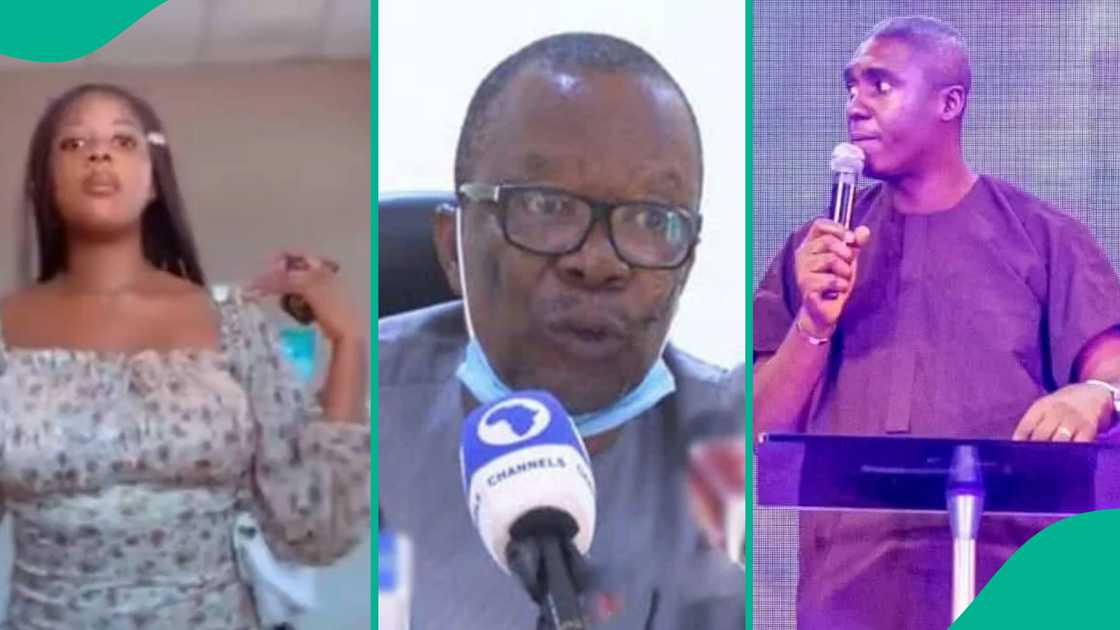
THE National Strike Coordinating Committee, NSCC, comprising of principal officers and Zonal Coordinators of Academic Staff Union of Universities, ASUU will be meeting Saturday to take stock of the ongoing strike embarked by the union that is entering the fourth months.
Meantime, ASUU said that it was not under any pressure to call-off the strike despite what it called sponsored protests and rallies against the union, stressing that before the union decided to embark on the strike, it holistically took objective assessment of the situation.
One of the branch Chairmen of ASUU and member of NSCC who spoke exclusively to Saturday Vanguard on the condition of anonymity said that the meeting will take place in Ondo state and that there would be a situation report including the meeting representatives of ASUU had with the Federal government last week’s Friday.
He said,”We are meeting tomorrow, National Strike Coordinating Committee. Tomorrow is arrival. Our Principal officers and Zonal Coordinators met with government last week Friday, one week today, so we want to discus the outcome of the meeting, after that we will now meet.”
Commenting on the plethora of protests by different groups over the strike which could be mounting pressure on the union to call off the strike, he said that “There is no pressure on us. We look at things objectively and remember that even me as I am talking we cannot suspend the strike.
“We have to get inputs from the branches that is why our strike is always very tight, because before we declared the strike, we have collected inputs from all branch officers in the universities in Nigeria, we collated it, discussed it extensively for two days before we declared the strike.
“And if there is any offer made by government, we have to look at it, that is the principal officers ten of them in number, the zonal coordinators who take over functions of NEC during the strike, so, they will look at what government has offered, brief us the branch chair persons then it is at this point we will now know whether to convene an emergency NEC to look at it holistically.
“By the time they are briefing us, they will also ask us to brief our committee members and take the issue to the congress, it is not a one man show, all these ones they are talking about politics it is not true, the process right from the least of all the lecturers to the highest that is the professor from each branch, we collate all their responses, it is only when they advice us to suspend that we suspend, it is not just one man show.”
He explained that during strike situation, the National Strike Coordinating Committee comprising of principal officers and zonal coordinators always take over the functions of NEC, adding, “every single week, the zonal coordinators will take the information to the various branches who will now take the information to congress, collating information from congress, the branch chairman will take it back to the zonal coordinator, the zonal coordinator takes it back to NSCC, the reason is that NEC has the larger component, we are many.”
He said that the reason behind allowing the smaller number of officers to meet during strike situation was to cut cost.
“Why NEC cannot meet during the strike is because of cost, we are more in number. In NEC we have over 100 people, but NSCC will be between 10 and 20, so it is manageable, we have a channel of communication.”
All attempts made to call the National President of ASUU, Dr. Nasir Fagge failed as he neither picked calls put across his GSM line nor replied the text message sent to him.

